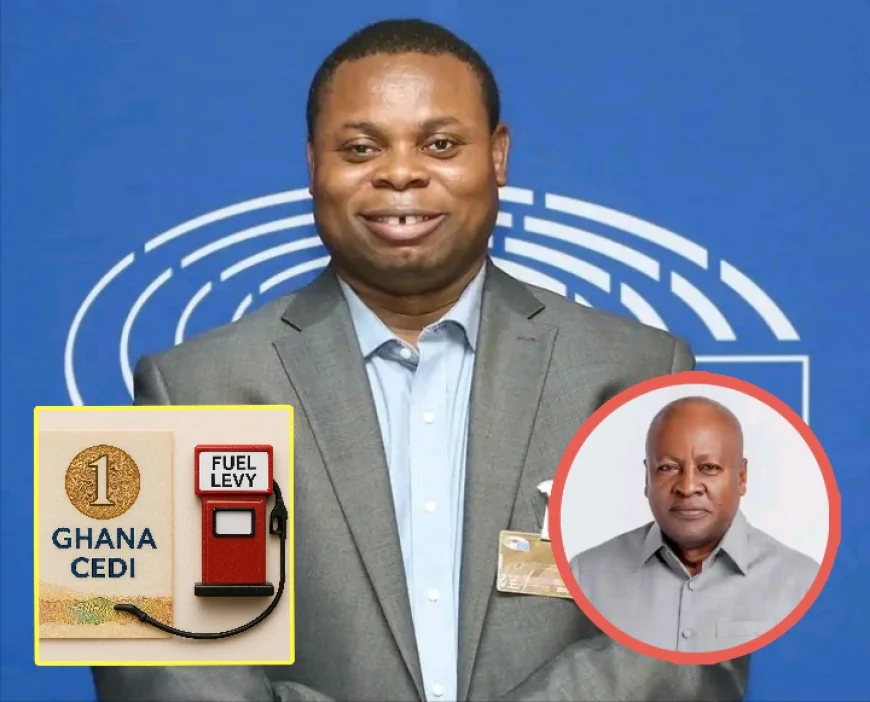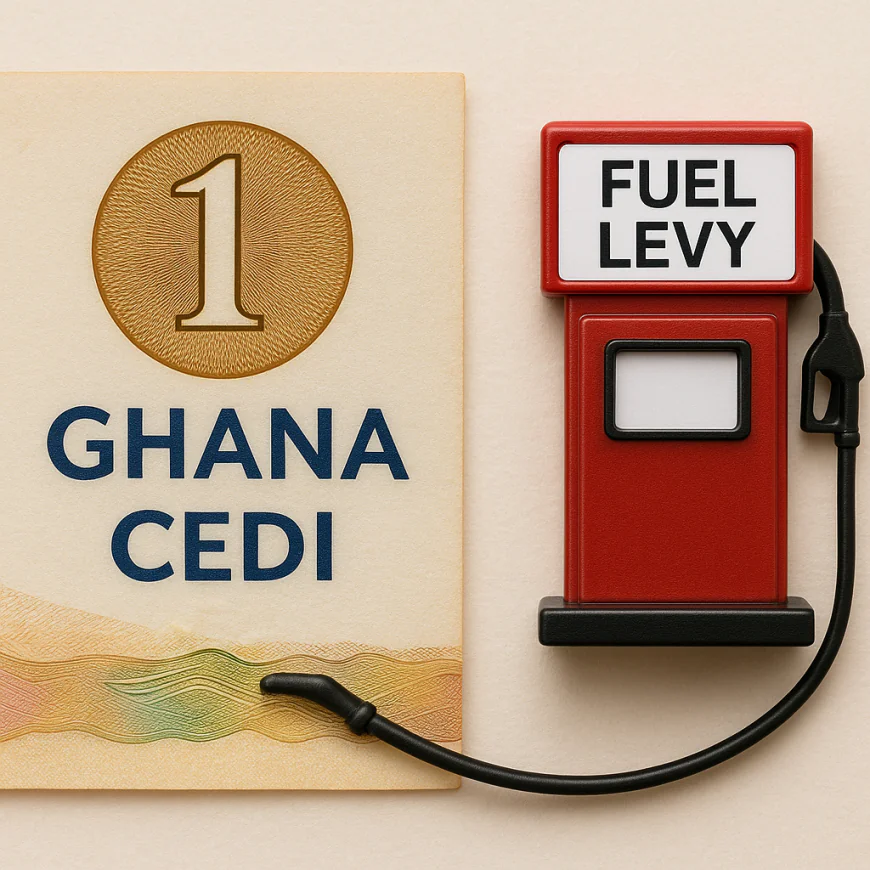Sensible Step Back: Franklin Cudjoe Backs Suspension of Fuel Levy Amid Oil Price Fears
Founding President of IMANI Africa, Franklin Cudjoe, has applauded the Ghanaian government’s decision to suspend the implementation of the controversial GHS 1 per litre Energy Sector Levy, popularly referred to as the “Fuel Levy.”

Founding President of IMANI Africa, Franklin Cudjoe, has applauded the Ghanaian government’s decision to suspend the implementation of the controversial GHS 1 per litre Energy Sector Levy, popularly referred to as the “Fuel Levy.” He described the move as a “sensible” and well-timed intervention, considering looming oil price hikes triggered by escalating tensions in the Middle East.
The Ghana Revenue Authority (GRA) on June 13 directed an indefinite suspension of the rollout, prompting a wave of mixed reactions. In a Facebook post, Cudjoe welcomed the decision, urging government to reassess the broader economic implications before proceeding.
“As oil prices are set to rise due to tension in the Middle East, the government must assess the situation and likely impact before rolling out the GHS 1 ‘dumsor’ levy,” he wrote.

Cudjoe called on the administration to prioritize strategic economic resilience measures, including accelerating domestic oil production, leveraging recent gains from foreign exchange and gold transactions, and recovering stolen public funds from the past eight years. He emphasized that such efforts would help shield the economy from external shocks and reduce dependency on new levies.
His remarks come amid growing political controversy. The Mahama-led administration has been criticized by the Minority in Parliament for what they describe as a sudden U-turn and lack of proper stakeholder engagement in the rollout and subsequent suspension of the levy under the Energy Sector Levies (Amendment) Act, 2025.
In response, President Mahama has directed the Finance and Energy Ministries to assess the potential economic implications of rising oil prices, particularly in light of the ongoing Iran-Israel conflict. The President assured Ghanaians that the government remains committed to shielding them from unnecessary economic hardship.
The now-shelved fuel levy, aimed at addressing legacy debts in the energy sector, had sparked widespread concern over potential increases in transport fares and cost of living.
As Ghana monitors unfolding global energy trends, policy clarity and economic prudence will be critical to navigating the uncertain road ahead.


